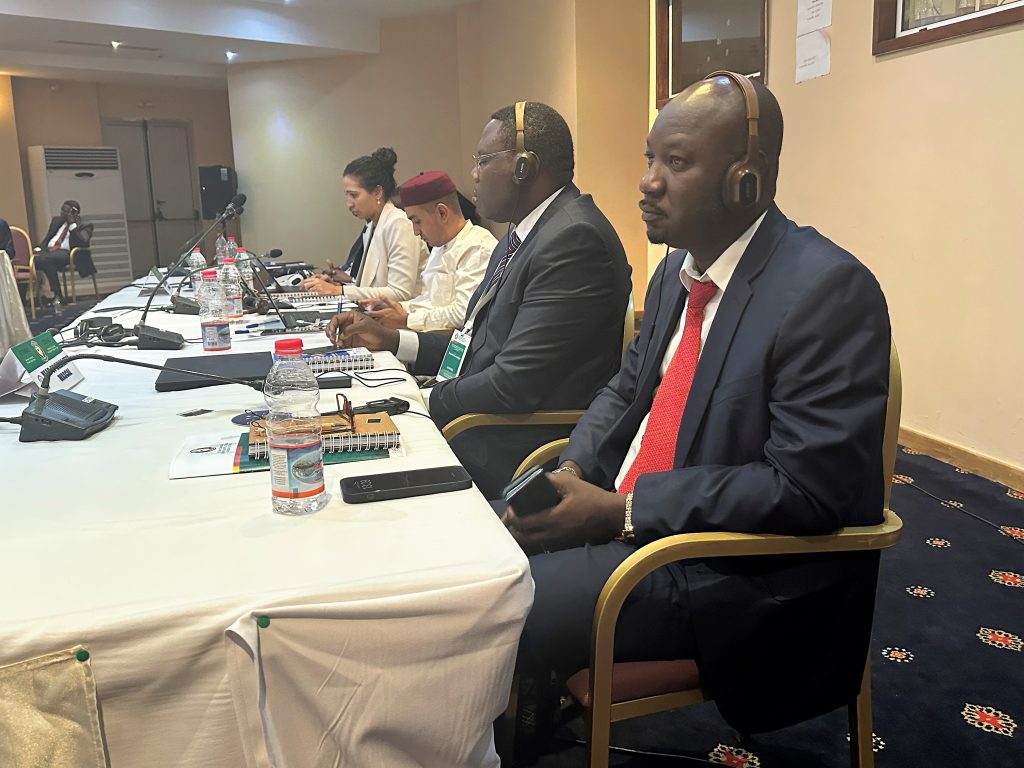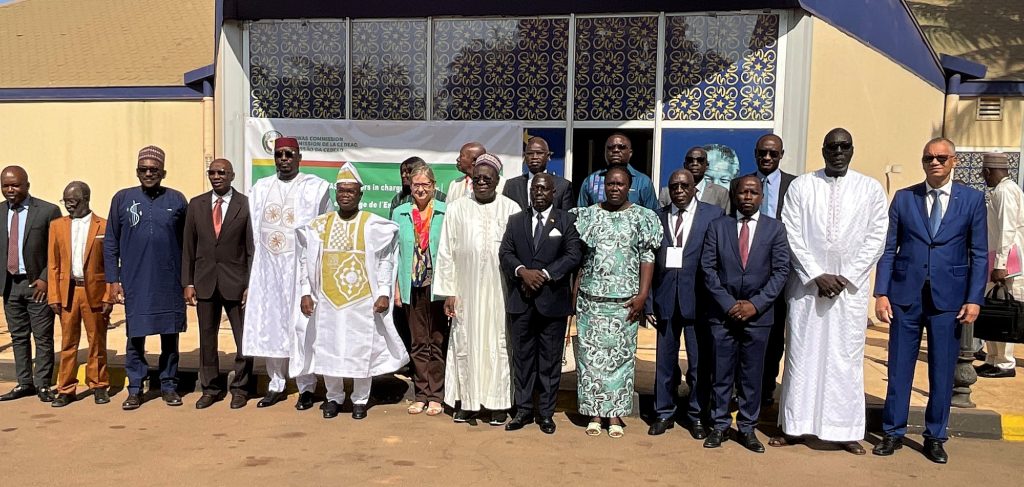
ECOWAS energy ministers have adopted green hydrogen policy at the just-ended meeting which took place in Bissau, Guinee Bissau, under the chairmanship of the Honourable Minister of Energy and Industry of the Republic of Guinea-Bissau, Mr Augusto Poqueno.
WASCAL, headed by its Executive Director, Dr Moumini Savadogo, participated in the meeting in the company of Dr. Bruno Korgo, Renewable Energy and Green Hydrogen Coordinator for WASCAL.
In his welcome statement, Mr. Sédiko Douka, Commissioner of Infrastructure, Energy and Digitalisation of the ECOWAS Commission, commended WASCAL and expressed appreciation to the German Federal Ministry of Education and Research for their support to the ECOWAS Centre for Renewable Energy and Energy Efficiency (ECREEE) in the development of the ECOWAS Green Hydrogen Policy and for supporting the promotion and dissemination of this renewable energy source across ECOWAS countries.
‘’I would like to extend my special thanks to the technical and financial partners, particularly WASCAL, for their support in developing this community instrument. WASCAL has been of considerable support in the development of the regional policy on green hydrogen’’. He said.
He again stressed the need for ECOWAS to position itself in on the continent and the world as one of the most competitive producers and suppliers of green hydrogen and its derivatives.
‘’Green hydrogen is a clean and sustainable energy source that can improve the region’s energy security and climate change resilience while ensuring socio-economic growth and sustainable development of the Region hydrogen. As such, ECOWAS must play a leading role in developing green hydrogen. At this stage, the regional policy targets by 2030 and 2050 are respectively to produce 0.5 million and 10 million tons of green.” He spoke.
The strategic framework of the policy recommends, among others, the development of an enabling and facilitating environment for the establishment of green hydrogen industries by creating awareness, capacity and a suitable legislative framework, the implementation of demonstrative projects within the region in collaboration with relevant agencies and Member States, and the development of a strategic long-term roadmap for consumption of green hydrogen within the region while targeting the international market.
The green hydrogen policy will be recommended to the ECOWAS Council of Ministers and the ECOWAS Heads of State and Government Summit for adoption.
WASCAL brings technical as well as financial support to ECREEE in the development of the policy.


